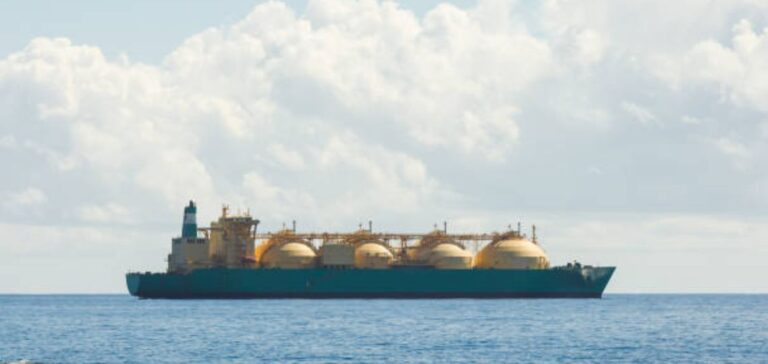Shell and MET Group have formalized a strategic agreement for the long-term supply of liquefied natural gas (LNG).
The 10-year contract calls for the delivery of 800,000 tonnes per year from 2026.
The main aim is to secure supplies for MET Group’s European customers and diversify their energy portfolio.
This agreement is a major step forward for MET Group, which is seeking to expand its presence in the Asian market.
A Strategic Agreement
The contract was signed at a price of approximately 119% of Henry Hub (HH) plus a constant of $2.70/MMBtu.
This pricing enables MET Group to strengthen the security of its European energy portfolio while exploring potential new markets in Asia. Shell, as the main supplier, will deliver the LNG from its portfolio in the Gulf of Mexico, USA.
This agreement enables MET Group to meet the growing needs of its customers in Europe, while exploring potential new markets in Asia.
This diversification strategy is crucial for the company to adapt to the changing dynamics of the global energy market.
Price Outlook and Market Analysis
Opinions differ as to the competitiveness of this contract.
One Singapore-based expert considers the price to be relatively low, pointing to a reduced margin and premium risk for US projects.
Conversely, another analyst specializing in long-term contracts deems the price fair, pointing to the absence of an equity component in the deal, which distinguishes it from other recent LNG contracts on an FOB (Free on Board) basis.
In comparison, the contract signed by Shenzhen Energy with Glencore for 500,000 tonnes of LNG per year from 2026-2027 is valued at %-121% HH plus a constant of $4.40-4.50/MMBtu on a DES (Delivered Ex-Ship) basis.
This price reflects an increase in LNG supply costs.
Market Indicators and Forecasts
According to the Henry Hub index future curve as at August 1, the Shell-MET Group contract price would imply an average value of $7.02/MMBtu on an FOB basis for 2027, based on Chicago Mercantile Exchange data.
By way of comparison, the Platts JKM index, which is the benchmark for LNG cargoes delivered in Northeast Asia, was valued at $10.325/MMBtu at the same date.
In addition, the North West Europe Marker index, representing the price of LNG cargoes delivered in North-West Europe, was valued at $11.475/MMBtu for the month of September.
These figures highlight the variations in LNG prices on different world markets, underlining the challenges and opportunities for companies involved in this sector.
This strategic agreement between Shell and MET Group illustrates how major energy companies are adapting their strategies to meet the growing and diversified needs of the global LNG market.
It highlights the complexity of negotiations and pricing in a constantly evolving sector.






















